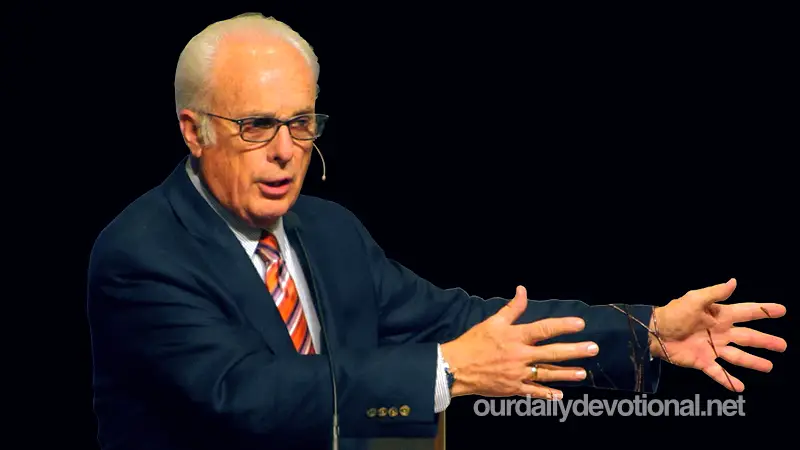(Gr. form of Aram. "m'shîhã", from Heb. "m'shîhã", "the anointed one", in Greek: "Christos", Christ). In Hebrew, this term "messiah" designated one who was anointed with sacred oil, e.g. e.g., the high priest (Lev. 4:3; 10:7; 21:12), and the king (2 Sam. 1:14, 16).
This title is applied to the patriarchs Abraham and Isaac, and to Cyrus, the king of Persia, to whom the interests of the kingdom of God were entrusted (Ps. 105:15; Is. 45:1).
When God promised David that the throne and scepter would always remain within his family (2 Sam. 7:13), the term “anointed one” took on the particular meaning of “representative of the royal line of David” (Ps. 2 :2; 18:51; 84:10; 89:39, 52; 132:10, 17; Lam. 4:20; Hab. 3:13).
The prophets speak of a king of this line who will be the great liberator of the people (Jer. 23:5, 6); the origin of it goes back to the days of eternity (Mi. 5: 1-5); he will establish the throne and kingdom of David forever (Is. 9:5-7).
The title of Messiah, par excellence, is linked to the person of this prince announced by the prophecies (Dn. 9:25, 26; Nm. 24:17-19; Targum Onkelos). He is called "Messiah" in the same way as "Son of David" (Jn. 1:41; 4:25; the text of Mt. 1:1 does not have the term Messiah, but its Greek translation "Christos"; cf. the numerous references to Christ in this Gospel).
For Jewish and Christian believers, the Messiah is the Anointed One, that is, the one who receives, by the Spirit of God resting on Him, the power to liberate the people from him and to establish the kingdom of him.
The expression "messianic prophecy" designates any prophecy that deals with the person, work and kingdom of Christ. By extension, passages that announce coming salvation, glory, and the coming of the Kingdom of God are also called “messianic prophecy,” even if there is no direct mention of the Messiah.
Thus, the expression "messianic times" does not refer exclusively to the period in which Christ was on earth; it encompasses the entire era in which he exercises his sovereign and mediating authority, and includes the time of the millennial Kingdom.
Meaning of MESSIAH
(Gr. form of Aram. "m'shîhã", from Heb. "m'shîhã", "the anointed one", in Greek: "Christos", Christ). In Hebrew, this term "messiah" designated one who was anointed with sacred oil, e.g. e.g., the high priest (Lev. 4:3; 10:7; 21:12), and the king (2 Sam. 1:14, 16).







